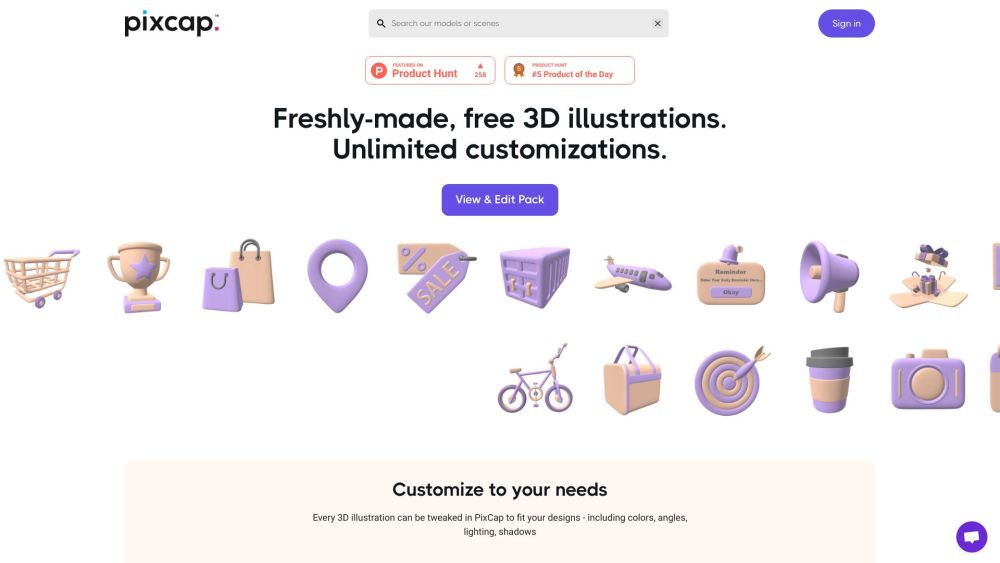Haowe SBC OKX0210: The First Domestic Product to Achieve C&S CAN SIC Certification!
Most people like

Discover your 24/7 AI-powered personal therapist, offering continuous mental health support whenever you need it.

FeedHive is an innovative AI-driven platform designed for effortlessly creating and managing engaging social media content. Whether you're a small business owner or a social media manager, FeedHive streamlines your content strategy and enhances your online presence, making it easier than ever to connect with your audience.

Castmagic is an innovative AI platform designed to transform lengthy audio recordings into valuable content assets. Whether you're a content creator, podcaster, or educator, Castmagic makes it easy to repurpose your audio into engaging formats that can boost your productivity and reach.
Find AI tools in YBX
Related Articles
Refresh Articles

